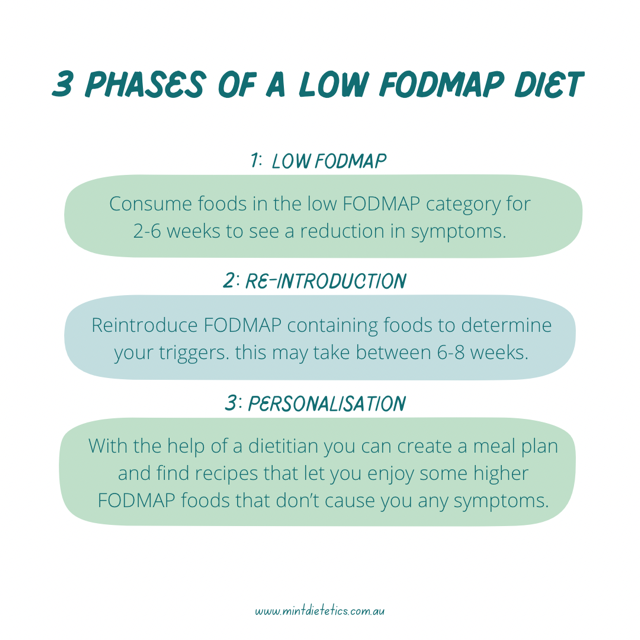Sneaky Sugars Are Blocking Your Road To Pregnancy.
- Jenny Jacobs

- Jun 27, 2021
- 2 min read

It may be common knowledge that increasing your consumption of tasty treats like cakes, chocolate and biscuits is a common risk factor for weight gain and possibly obesity and diabetes. But did you know that this sugar intake can also affect your fertility? The World Health Organisation recommends that we limit consumption of added sugars to less than 10% of our dietary intake. However, most age groups in the Australian population are likely to exceed that recommendation.
Should you avoid all sugar?
There are natural sugars found in fruit and milk, and there are added sugars found in drinks such as soft drinks and fruit juices. These added sugars are the sneaky sugars to look out for.
When we eat carbohydrates, they are broken down into sugars which increase our blood sugar levels when they are absorbed by the blood. Sugars present in the blood are called glucose, which is the main energy source for many bodily processes. Insulin is the hormone that is triggered to release from the pancreas when blood glucose levels rise. It is responsible for increasing glucose uptake by the skeletal, muscle and adipose tissue where it can be used as energy.
Are you Achieving the Right Blood Sugar Balance?
If you are eating a relatively unhealthy diet consisting of refined carbohydrates, added sugars and saturated fats, then it is likely you are experiencing energy highs and lows throughout the day. This would be referred to as poor blood sugar control. Excess sugar consumption can also lead to other unwanted effects including difficulty concentrating, headaches, and constipation.
Poor Blood Sugar Control Can Lead to Fertility Complications Including:
Insulin Resistance: increased sugar in the blood stream causes increased insulin production and excretion to help maintain a blood sugar balance. However, over time with increased insulin the body’s insulin receptors may become resistant and blood sugar rises. This directly affects fertility by causing irregular periods, irregular length of time between periods, or not having periods at all.
Increased Cortisol: when insulin levels rise so does our stress hormone, cortisol. Cortisol effects almost every organ system in the body including the reproductive system. Increased cortisol can also interfere with progesterone levels and cause irregular menstrual periods.
How Can We Restore Balance?
A diet consisting of less processed foods, a wide variety of nutrients, and low GI options can help to lower your blood sugar levels and avoid those fluctuating energy levels throughout the day. What does low GI mean? GI stands for Glycaemic Index which is a rating system given to foods to determine their capability to raise blood sugar levels. Foods are ranked from 0-100. Lower GI foods (ranked less than 55 on the GI scale) are digested and absorbed slower than high GI foods which cause rapid fluctuations in blood sugar. Low GI foods may be beneficial in improving fertility, and weight loss. The University of Sydney provides a GI database with many foods and their GI value available for your convenience.
For personalised assistance with all your blood sugar balance concerns contact me today!


%20-%202025-01-10T222601_189.png)



Comments